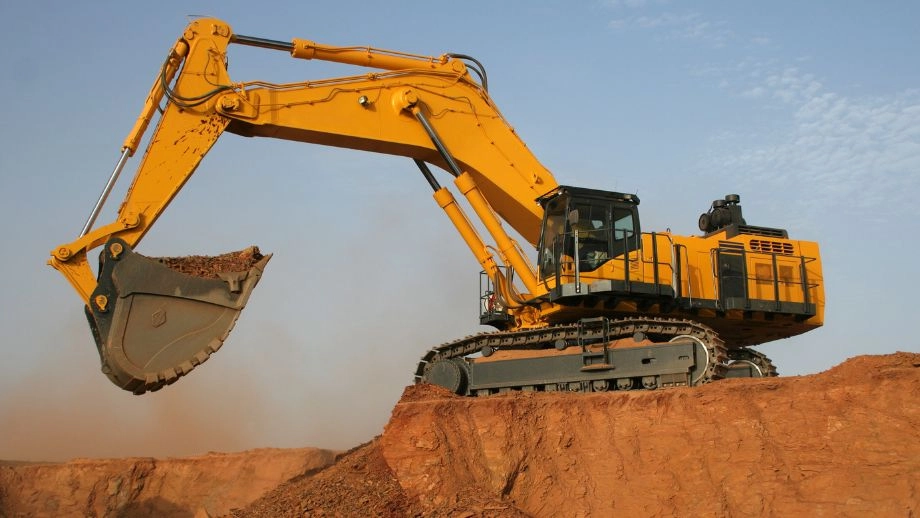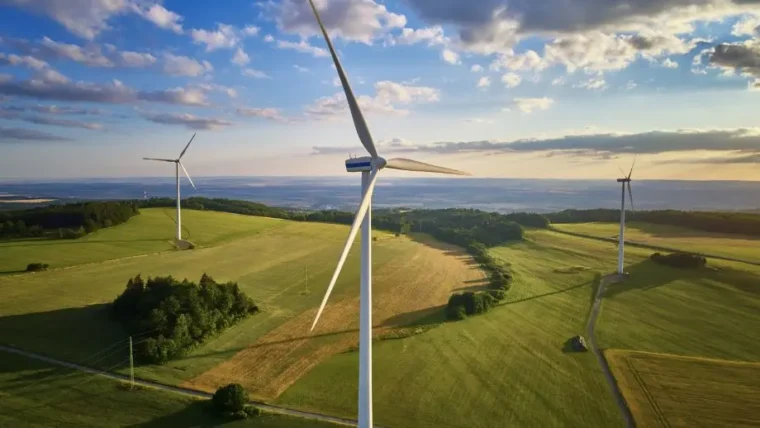Non-Road Mobile Machinery – important changes for London development sites in 2020
20 November 2019

London’s air pollution problem
London faces a major challenge to tackle air pollution, with levels regularly breaching European Union legal limits for Nitrogen Dioxide, and World Health Organisations safe limits for Particulate Matter (PM). Some of the primary sources of these emissions are road vehicles and non-road mobile machinery (NRMM).
What is Non-Road Mobile Machinery?
NRMM is defined as any mobile machine, vehicle, or transportable equipment that is not solely intended for carrying passengers or goods on the road. For example, bulldozers, excavators, mobile cranes and compressors. According to 2013 estimates from the London Atmospheric Emissions Inventory, NRMM is responsible for 7% of NOx, 8% of PM10, and 14.5% of PM2.5 emissions.
NRMM: The Regulations
Regulation (EU) 2016/1628 for Stage V emission standards came into force January 2017, repealing Directive 97/68/EC. It stipulates emission limits for NRMM engines at different power ranges and lays out requirements for NRMM type-approval plates – a prerequisite for placing engines on the EU market.
Currently NRMM on Central Activity Zone or Canary Wharf (CAZ/CW) sites must meet Emission Stage IIIB, and NRMM on Major Development sites across Greater London must meet Stage IIIA. Major Development Sites are defined as:
- residential developments of 10 or more dwellings, or having an area of 0.5 hectares or more where number of dwellings is not known;
- or any development carried out on a site having an area of 1 hectare or more, or floor space of 1000 m2 or more.
What’s Changing?
The Stage V emissions standards will set stricter limits on NOx and PM emissions, applying to all NRMM with power rating between 37KW and 560KW.
A timeline of upcoming changes:

What will I have to do?
Major development sites, and all sites within the CAZ/CW will need to register their site and maintain a list of all on-site NRMM. The Local Authority will check if a site is registered and that all NRMM is listed to ensure compliance.
Contractors, sub-contractors and plant hire business’ will need to ensure that their equipment is compliant and make sure they provide the information needed to the site manager for the register.
Site developers are ultimately responsible for their site compliance and should work with companies they use to confirm they are aware of the requirements and are able to meet them.
Are you responsible for NRMM on construction sites in London? Did you know about the upcoming changes to NRMM regulations?









